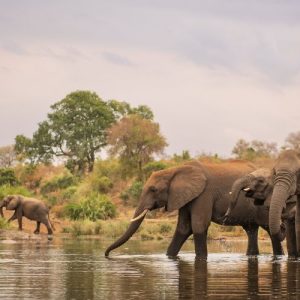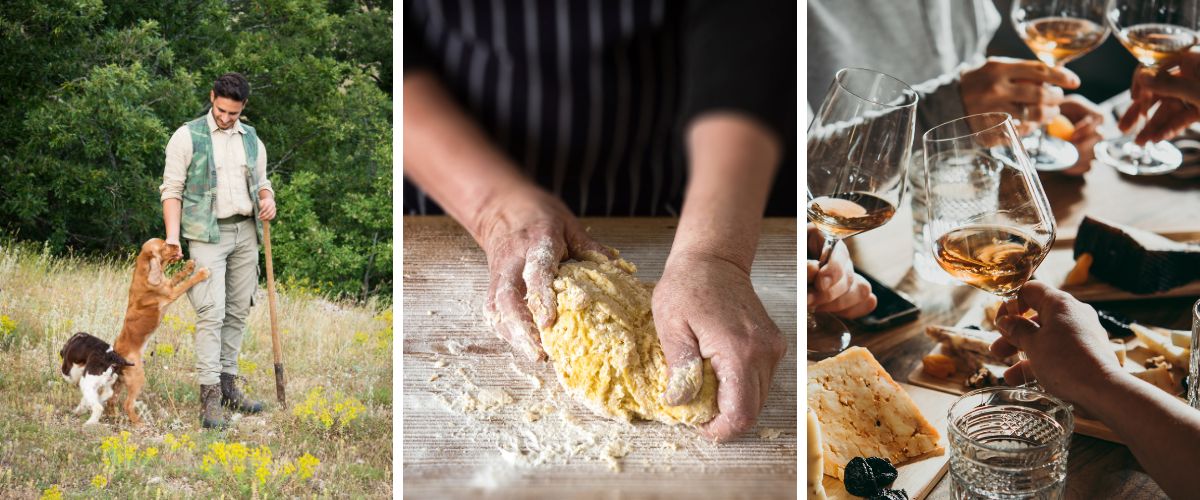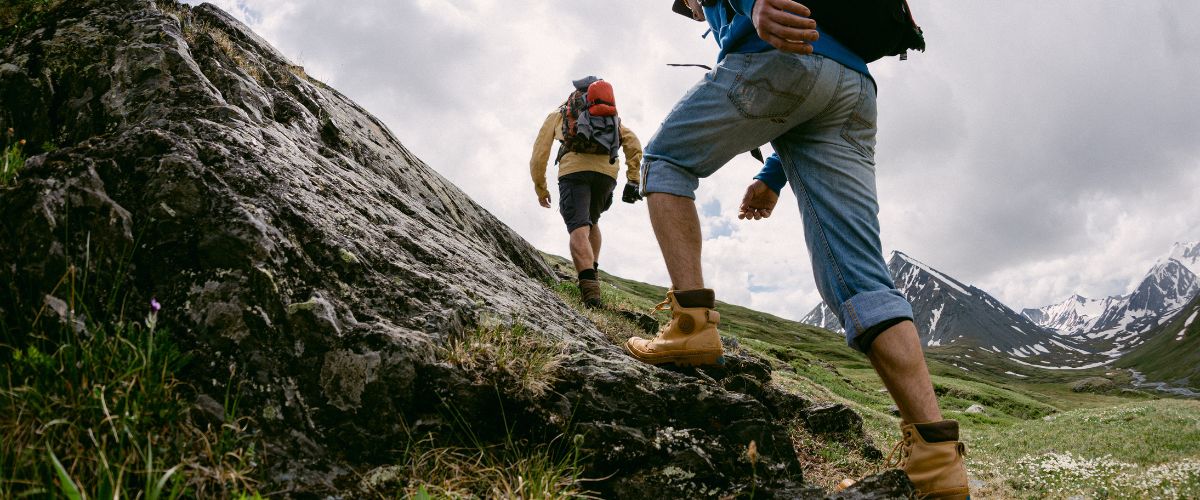For many Australians, walking the Kokoda Trail isn’t just another hike—it’s a deeply personal journey through a landscape steeped in national history. More than 75 years after the campaign that changed the course of World War II in the Pacific, the Kokoda Trail continues to challenge and inspire those who walk in the footsteps of the soldiers who served there.
Whether you’re drawn to it for the physical test, the historical significance, or the emotional connection, the Kokoda Trail remains one of the most important treks an Australian can undertake.
A Path of National Significance
The Kokoda Trail (also commonly referred to as the Kokoda Track) winds for 96 kilometres through the Owen Stanley Range in Papua New Guinea. In 1942, it was the scene of fierce battles between Australian and Japanese forces. For many Australians, the campaign was the first time the war felt truly close to home, as Japanese troops advanced toward Port Moresby with the intention of launching a broader invasion.
The terrain was harsh, the weather unforgiving, and the conditions brutal. Yet, the Australian soldiers—many of whom were young and inexperienced—held their ground. They were aided by the local Papuan people, now fondly known as the ‘Fuzzy Wuzzy Angels,’ who carried supplies, evacuated the wounded, and provided vital support.
Today, walking the Kokoda Trail is an act of remembrance. Trekkers visit significant battle sites, memorials, and cemeteries, learning not only about the military strategy but also the individual stories of courage and sacrifice. For many, it’s a chance to reflect on the resilience and mateship that underpin Australia’s national identity.

A True Challenge – Physically and Mentally
Completing Kokoda isn’t a casual undertaking. The trek takes 8 to 11 days depending on the pace and itinerary, and involves steep ascents, slippery descents, river crossings, dense jungle, and humid conditions. It’s common to experience all kinds of weather in a single day—from searing heat to torrential rain.
You don’t need to be an elite athlete to complete the trail, but a solid base of fitness, determination, and mental preparation is essential. Back Track Adventures provides training guidance to help trekkers prepare well in advance. With the right mindset and support, it’s an achievable goal for many—and one that often becomes a defining life experience.
For many participants, the challenges of the trek mirror the hardship and determination faced by the soldiers in 1942. It’s not unusual for people to face emotional moments along the way—whether that’s on a silent ridge overlooking a former battlefield, or during a shared moment with fellow trekkers after a hard day’s climb.

A Shared Experience Across Generations
One of the most powerful aspects of the Kokoda Trail is its ability to connect people—both with each other and with history. It’s especially popular with fathers and sons who choose to walk together, using the experience to bond, learn, and reflect.
For younger generations, the trail is often their first real encounter with the ANZAC legacy beyond the classroom. For parents, it’s a chance to share an important part of Australia’s story while creating new memories together. These shared experiences often become some of the most talked-about moments long after the trek ends.
Back Track Adventures has led many multi-generational groups across Kokoda and understands how to support participants of different ages and fitness levels. There’s a deep camaraderie that builds among trekkers on the trail—whether they’re related or have just met—which becomes a highlight of the journey.

What to Expect Logistically
Back Track Adventures has been partnering with ON TRACK EXPEDITIONS to lead Kokoda treks since 2003 and is one of Australia’s most experienced and respected operators on the track. Every trek is fully supported and designed to give you the best chance of a safe, successful, and meaningful journey.
Group sizes are kept small, typically around 12 trekkers, to ensure a more personalised experience and greater support throughout the trek. You’ll be led by an experienced Australian guide who is well-versed in both the terrain and the history of the campaign, along with a dedicated local crew of porters and support staff.
Back Track’s long-standing relationships with local communities mean you’ll also gain valuable insight into life in the villages along the track. Your trek isn’t just about walking—it’s about connecting with the land, the history, and the people who call Kokoda home.

A Meaningful Journey With Purpose
It’s difficult to describe just how impactful Kokoda can be without experiencing it for yourself. For many, it’s a journey of discovery—of both the past and of personal limits. The trail has a way of stripping back the noise of everyday life and offering perspective.
By the end of the trek, the challenge of the trail becomes a badge of honour, but more than that, it becomes a memory etched with emotion, learning, and appreciation. Participants often say they walk away not just with a greater understanding of history, but with a renewed sense of purpose and connection.
Back Track’s Kokoda experience is not just a walk through rugged terrain—it’s a chance to pay respects, push yourself, and walk away changed. We take pride in preparing our trekkers to get the most out of the journey—physically, emotionally, and culturally.

Why Now?
Interest in Kokoda continues to grow as more Australians look for travel experiences that feel grounded in something meaningful. Whether you’re considering the trail for yourself, thinking of doing it with a family member, or simply want to better understand this pivotal chapter of our history, there’s no better time to start planning.
We recommend booking early as group sizes are limited to maintain the quality of the experience, and preparation time is key. Our team is here to answer questions, help you assess your readiness, and guide you through every step of the lead-up.
We have multiple departure dates in 2025. Click here for all the dates and more information on the trek, or get in touch with the team.









